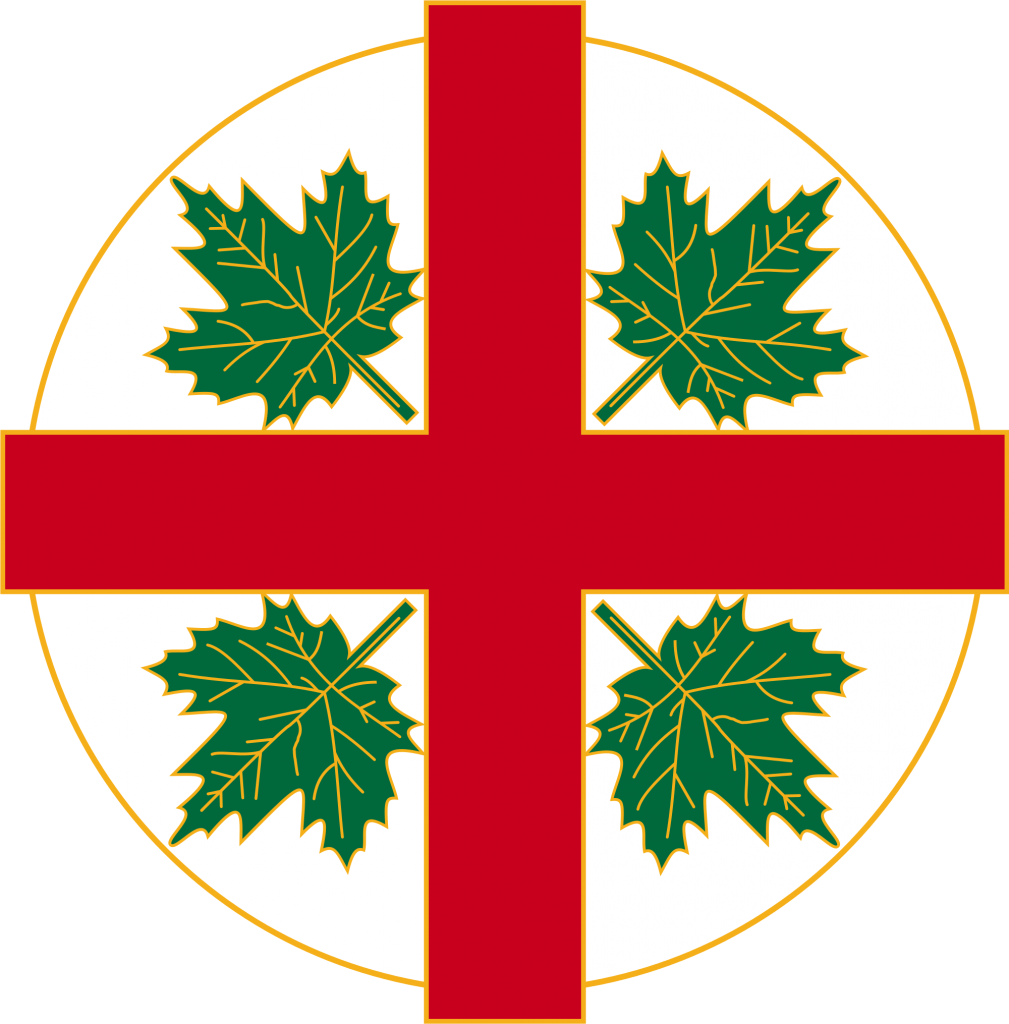The Anglican Church of Canada completed its fourth regional consultation on human trafficking last month in Nanaimo, British Columbia. This was the final in a series of regional consultations taking place around the country. Human trafficking is defined as, “modern-day slavery, involving victims who are forced, defrauded or coerced into labor or sexual exploitation.”
In this most recent regional consultation, which included approximately 20 representatives from the province, attention was focused on populations who are at heightened risk for human trafficking, including Indigenous women and girls, as well as migrant workers. Indigenous women and girls are at the highest risk for trafficking; in British Columbia, there is even an area called the “Highway of Tears” where many women, particularly Indigenous women, have disappeared or been found murdered in the past few decades.
The consultation also discussed the link between gang activity and human trafficking, as children and youth are recruited and often coerced into criminal activities as part of gang membership.
The result of the series of consultations is a resolution that will go before the ACC’s General Synod; the resolution would commit the ACC to continue in the work of combatting human trafficking, both by continuing to speak out against trafficking but also by continuing to work with governmental and other organizations engaged in the work of ending trafficking.
Here in the Episcopal Church, combatting human trafficking is an issue that is becoming more prominent and many dioceses and individuals are working on creative projects to draw attention to the issue.
Statistics show that human trafficking often increases at times of major sporting events and so, armed with this knowledge, members of the Diocese of Atlanta worked to do their part to counter trafficking earlier this year when Atlanta hosted the Super Bowl. Members of the diocese gathered for SOAP UP Atlanta, an initiative organized by the diocese’s Domestic Minor Sex Trafficking Commission, in which members gathered to listen to speakers about human trafficking while they labeled bars of soap with information about trafficking and a national trafficking hotline number. Members then delivered literature about trafficking as well as the 40,000 bars of soap to Atlanta hotels, with the hopes that anyone there who was a victim of human trafficking might see the number and be able to get help.
Early last month, the Rev. Adrian Dannhauser, associate rector at Manhattan’s Church of the Incarnation, led a Stations of the Cross walk in the city in which the traditional liturgy was connected with learning about human trafficking and praying for its victims. Dannhauser has long been in engaged in fighting trafficking and has previously organized projects similar to the Diocese of Atlanta’s; she has worked with hotels to equip employees to recognize the signs of trafficking and delivered soap with trafficking hotline numbers.
Despite an increasing awareness around issues of human trafficking, it is an issue dating back decades. In 2009, General Convention addressed the topic of human trafficking through a resolution speaking out against the issue and encouraging continued work to end trafficking.
More information about human trafficking and resources to aid in combatting trafficking can be found on the Episcopal Church’s website.

